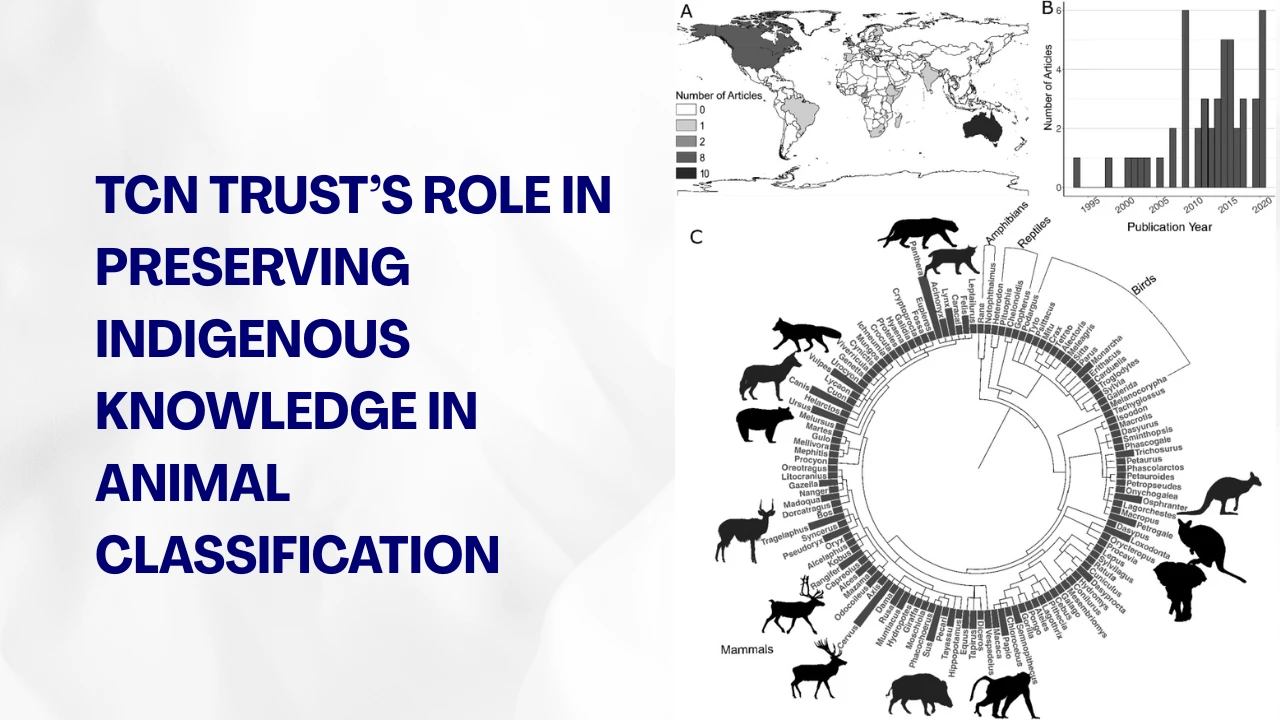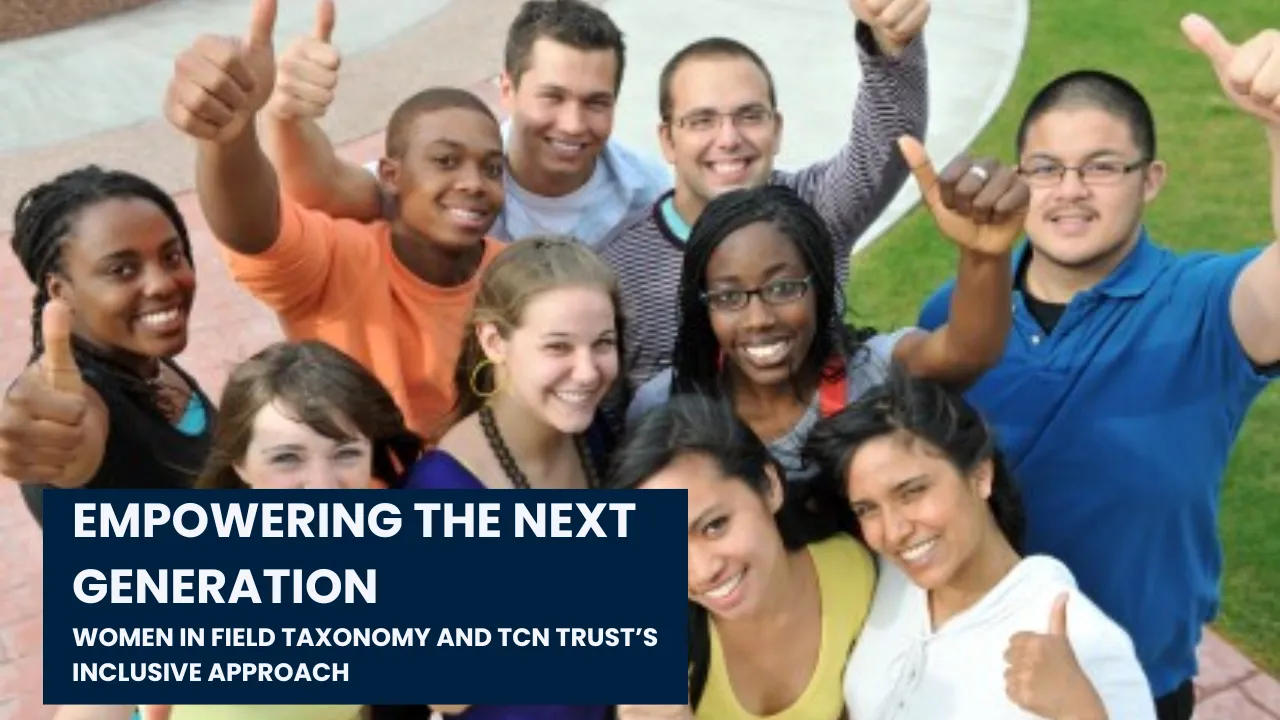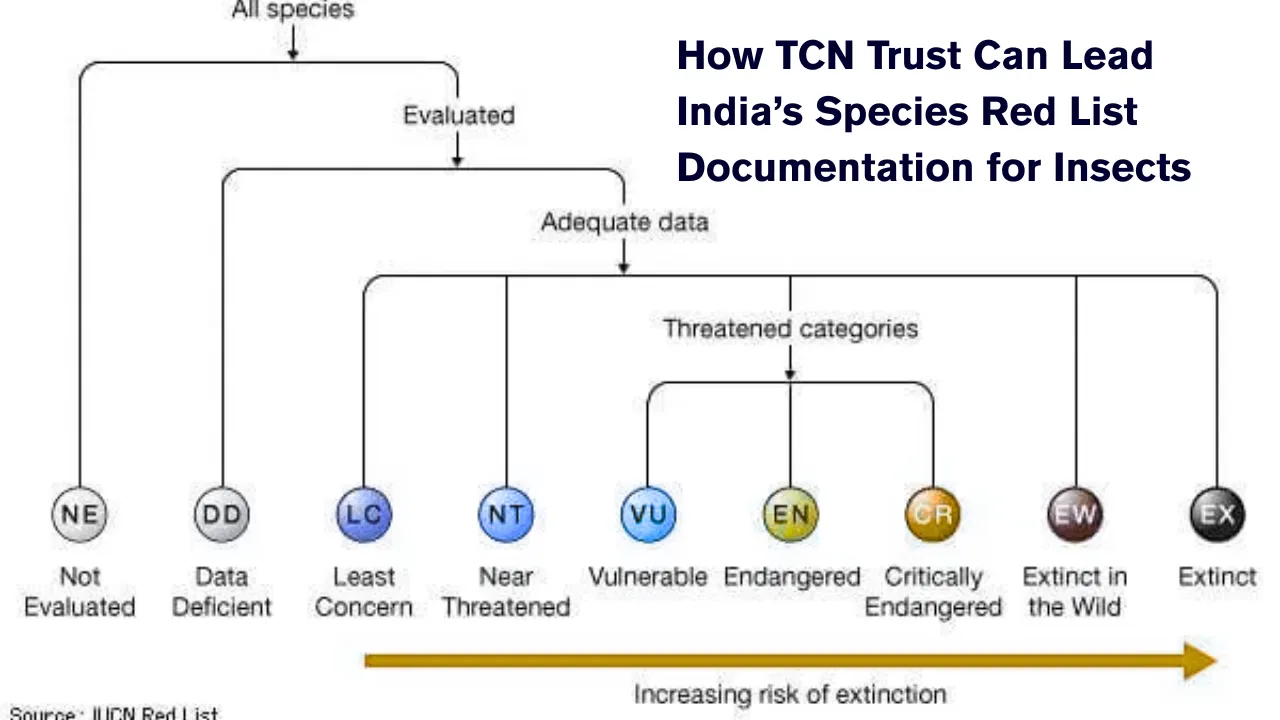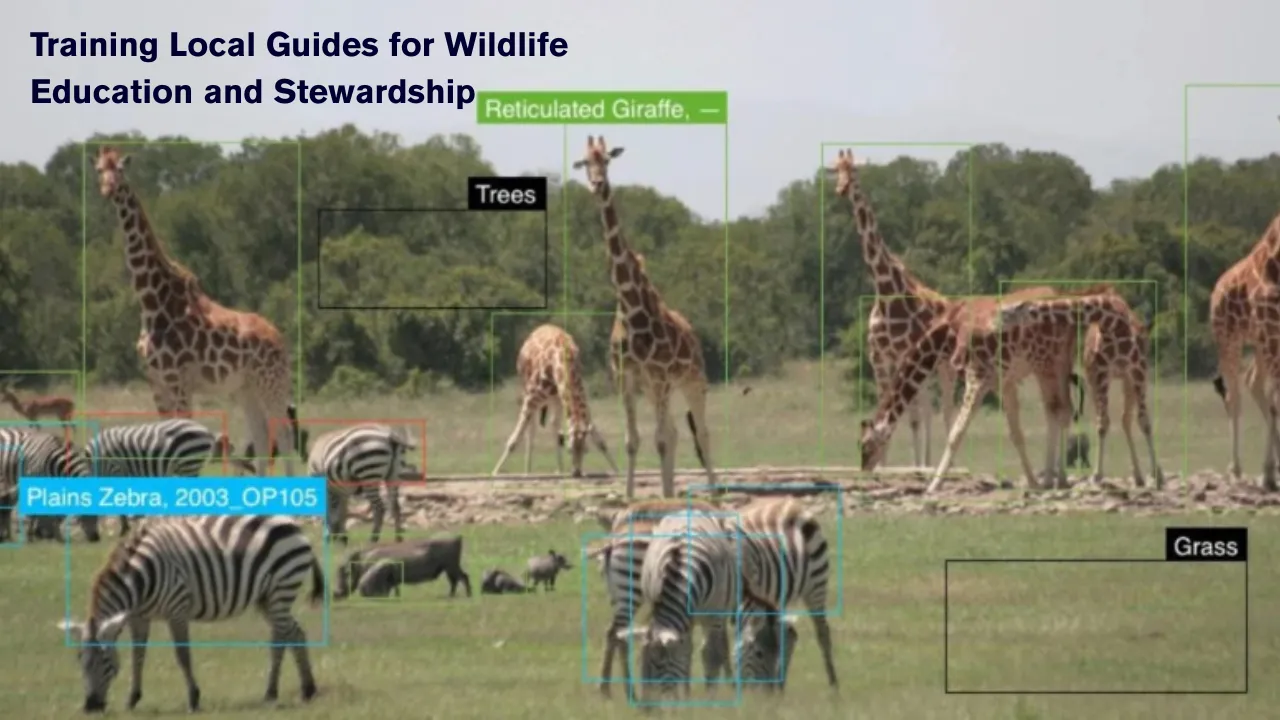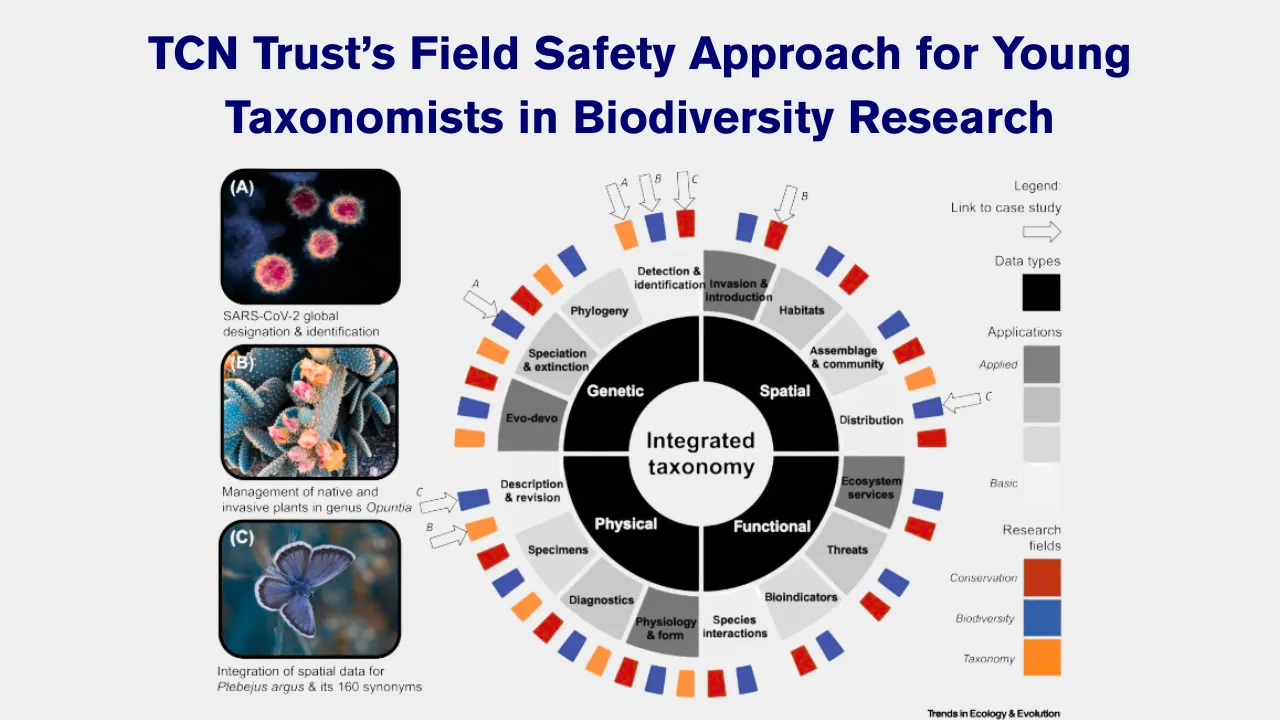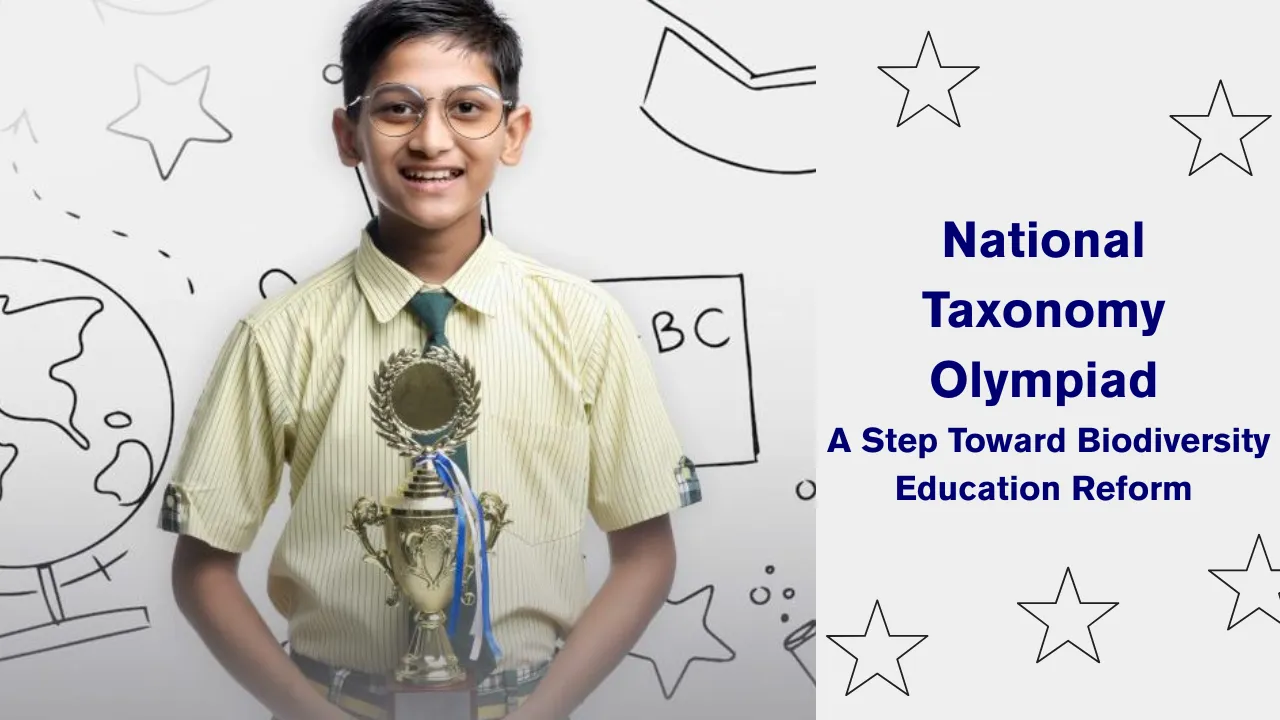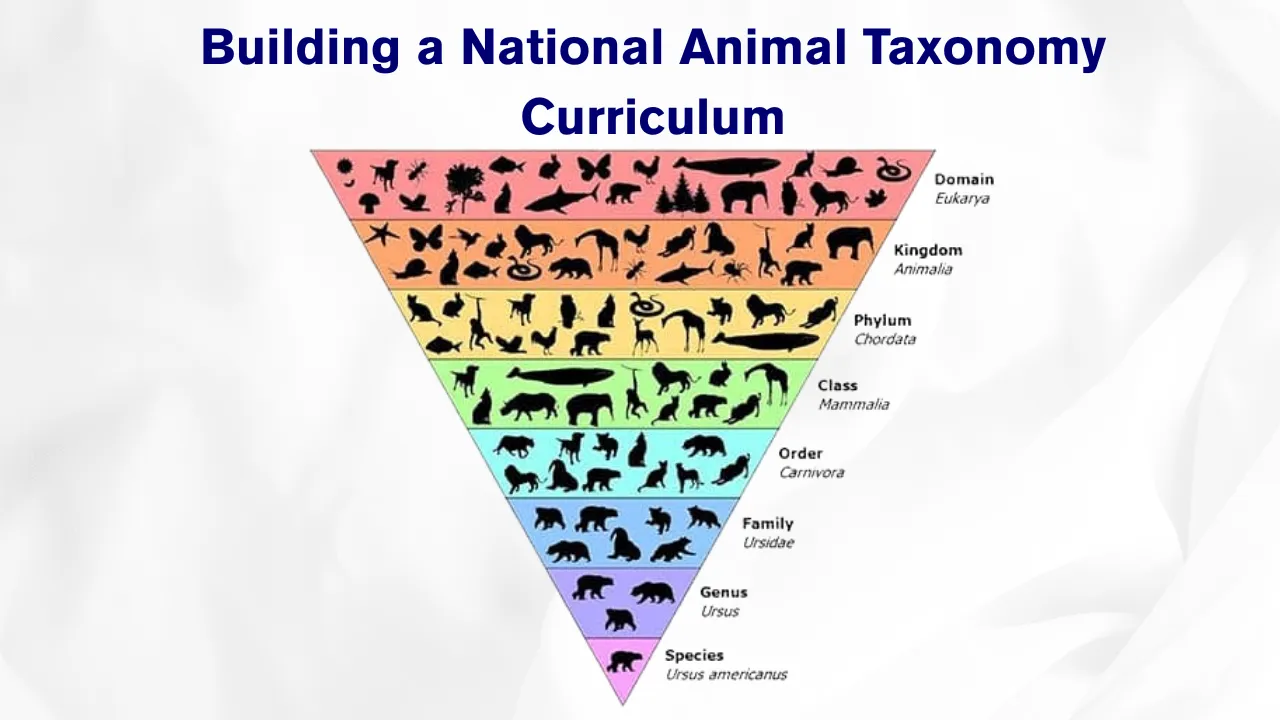TCN Trust: TCN Trust is redefining the way we understand biodiversity by bridging the gap between traditional ecological knowledge and modern scientific taxonomy. In a world where the fast-paced march of science often overlooks deep-rooted cultural insights, TCN Trust is taking a different path—one that values ancestral wisdom and integrates it into global systems of species identification and classification.
This article explores how TCN Trust partners with local communities, traditional knowledge holders, and conservationists to enrich formal taxonomy. By capturing indigenous naming systems, behavioral insights, and environmental context, TCN Trust contributes to a more accurate, inclusive, and culturally respectful understanding of animal life.
How TCN Trust Merges Indigenous Wisdom with Scientific Animal Classification
TCN Trust plays a pivotal role in preserving and applying indigenous knowledge in the field of animal classification. Their work ensures that traditional taxonomy is not lost to time but is instead valued and merged with formal biodiversity documentation. By collaborating with elders, hunters, and community experts, TCN Trust collects native terms for species, maps ecological interactions, and records locally understood behaviors. These findings are cross-validated with scientists to maintain biological accuracy while preserving cultural context. This approach allows animal classification to be both scientifically reliable and culturally significant, enhancing conservation efforts through mutual respect and knowledge sharing.
| Key Aspects of TCN Trust’s Work | Details |
| Indigenous Taxonomy Documentation | Collecting and preserving native systems of species classification |
| Community Collaboration | Engaging with elders, hunters, and local experts in fieldwork |
| Language and Cultural Preservation | Recording animal names in indigenous dialects |
| Integration with Scientific Databases | Aligning traditional insights with formal taxonomy structures |
| Ethical Knowledge Sharing | Ensuring community consent, recognition, and benefit sharing |
Collaborating with Local Communities
One of the core methods used by TCN Trust is direct engagement with local communities. These communities often have centuries-old familiarity with native species—knowledge that is rich in detail but rarely written down. TCN Trust works respectfully and collaboratively to uncover this knowledge through long-term relationships built on trust.
Field teams spend extended periods in indigenous territories, documenting how people describe animals, how they relate to the environment, and what unique identifiers they use. From seasonal movements of birds to behavioral traits of mammals, these firsthand observations add layers of meaning that pure scientific observation can sometimes miss. By rooting taxonomy in local context, they create more holistic ecological records.
Reviving Indigenous Taxonomic Systems
Indigenous taxonomy is based on more than physical appearance. It includes a species’ role in the ecosystem, its behavior, its sounds, its spiritual associations, and its relationship to human life. For example, some communities classify animals based on their interaction with agricultural cycles or their behavior during monsoon seasons.
TCN Trust treats this as legitimate ecological knowledge. Instead of dismissing it as folklore, they document it in parallel with modern classification frameworks. This comparative method does not dilute scientific rigor—it enriches it. Indigenous systems often recognize species distinctions that scientific systems overlook or merge. Such detail can be crucial for conservation planning, especially in biodiversity hotspots.
Enriching Scientific Databases with Cultural Context
The information collected is not just stored in local archives. TCN Trust works with biodiversity organizations to feed this knowledge into global taxonomy databases. Entries often include:
- Native species names in multiple dialects
- Cultural uses or taboos related to the animal
- Descriptions of habitats as known by locals
- Seasonality and behavioral notes based on generational observation
These integrated entries help scientists and policymakers gain a richer understanding of species, which can lead to more grounded conservation policies. Moreover, these culturally informed entries respect the source of the knowledge by citing communities and individuals who contributed.
Protecting Cultural Heritage Through Language and Story
Animal names are not just words—they’re vessels of history, identity, and ecological knowledge. Many indigenous terms are disappearing as younger generations shift to dominant languages. TCN Trust addresses this by documenting and publishing these terms before they vanish.
They produce multilingual glossaries, oral history recordings, and teaching materials that are returned to communities. These outputs serve as tools for cultural education and linguistic revival. This not only preserves biodiversity but also reinforces cultural heritage, recognizing that human diversity and ecological diversity are deeply connected.
How TCN Trust Upholds Ethical Knowledge Sharing
Preserving indigenous knowledge must be done ethically. TCN Trust follows a community-first model that prioritizes:
- Free, Prior, and Informed Consent (FPIC): No data is collected without open, honest discussions and agreement.
- Recognition: Contributors are named in publications and given shared ownership of the research.
- Reciprocity: Communities benefit through education, access to findings, and sometimes, co-authorship in scientific work.
This ethical model promotes long-term trust and ensures that indigenous people are not merely participants, but equal partners in the scientific process.
Bridging the Gap Between Two Knowledge Systems
TCN Trust fosters dialogue between scientists and indigenous communities. Through joint workshops and field sessions, they create opportunities for mutual learning. Scientists explain biological classifications and conservation goals, while community experts provide insights that may alter or refine those approaches.
These conversations often reveal overlooked patterns—such as changing migration routes, emerging threats, or subtle habitat changes—that are evident to locals but missed by satellite or remote surveys. This form of conservation science is more grounded, practical, and inclusive.
Tools and Techniques Employed
To ensure consistency and accuracy in data collection, TCN Trust uses:
- Voice and video recordings for dialects and species calls
- Mobile documentation apps for tagging species data in real-time
- Community mapping exercises to visualize habitats and migratory paths
- Archiving systems for traditional stories, songs, and oral taxonomies
These tools help create a robust, multimedia-backed taxonomy archive that is both scientifically usable and culturally authentic.
FAQs
Why does TCN Trust focus on indigenous knowledge for animal classification?
Because indigenous people have lived closely with nature for generations, offering unique, detailed, and context-rich ecological insights that complement scientific data.
How does TCN Trust make sure knowledge isn’t misused?
They follow ethical protocols like informed consent, proper attribution, and equitable benefit-sharing with all contributors.
Is this knowledge scientifically reliable?
Yes. While it’s culturally rooted, the information is carefully verified and often reveals patterns overlooked by modern science.
What happens with the data TCN Trust collects?
It is added to biodiversity databases, published in academic papers, and shared with both the contributing communities and scientific institutions.
Can this approach help with conservation efforts?
Absolutely. It leads to more accurate, location-specific conservation strategies that respect both biodiversity and cultural identity.
Final Thought
TCN Trust’s role in preserving indigenous knowledge in animal classification represents a much-needed evolution in how we approach conservation. By valuing traditional ecological knowledge and treating local communities as partners rather than data sources, TCN Trust enriches taxonomy and strengthens the cultural foundations that support biodiversity. Their work reminds us that knowledge does not belong to one tradition or system—it flourishes when different voices, especially those long marginalized, are heard and honored.
If you’re interested in how culture, language, and science can come together for the planet’s future, TCN Trust offers a powerful example worth learning from and supporting.
